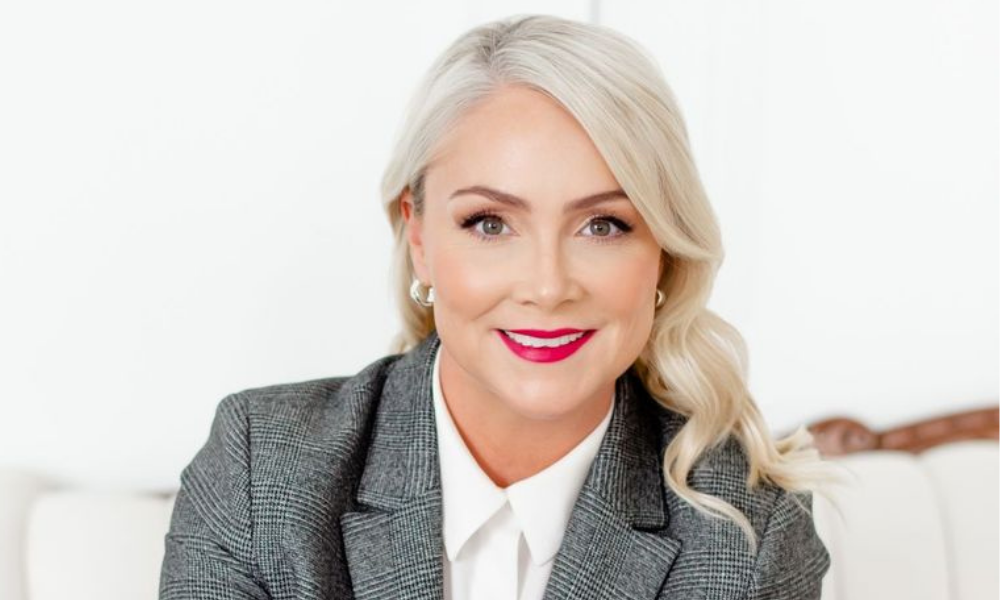President and CEO explains how to help clients overcome decision fatigue and other financial pitfalls

As Canadian investors face a perfect storm of economic and financial challenges, it’s more important than ever for financial planners and advisors to provide some much-needed perspective and guidance, according to one veteran wealth professional.
“I find that people are at a point of decision fatigue … they're exhausted,” says Robyn Thompson, President and CEO of Castlemark Wealth Management. “People are overwhelmed with what's happening in the world right now, whether it be the daily gyrations in the market values, inflation, interest rates, or geopolitical concerns.”
With that torrent of information coming in, Thompson says many clients are in an emotionally fragile state. That could lead them to make irrational decisions and poor financial choices, like chasing returns or making impulsive investments.
One way advisors can help clients avoid those self-sabotaging tendencies, she says, is to provide some much-needed perspective. Some might have thought the stock market would continue its positive momentum from the past year, for example, in which case it falls on the advisor to manage their expectations of the financial markets.
“Of course, we know markets are volatile. They're going through a correction. They're always going to correct and they're always going to advance,” Thompson says. “I think it’s important to have conversations with clients that help them understand their emotions – not try to market time, not try to follow the herd, but be really clear about what they’re trying to achieve.”
Clients might also fall into the trap of fixating on their investment returns as the sole basis of their financial success. In those situations, advisors can help their clients take a step back and help them focus on their own financial plan, their long-term goals, and what they can do to make progress toward those objectives.
“Some younger clients may be doing well from a salary perspective. They have great bonuses coming in, and the market’s correcting,” Thompson says. “They’re in the wealth-building phase of their financial journeys, so it could be a great time for them to invest in assets that are on sale.”
For clients who are retired, she says, the focus of the conversation will likely be more on the impact of inflation. As their purchasing power decreases, they may be forced to draw more income out of their portfolio, which would eat away at the principal of their nest egg. Advisors working with those clients, therefore, must focus their discussion on managing the income and dividend-providing assets and how to navigate sequence of return risks.
Such coaching conversations are a vital piece of the value that full-service advisors provide beyond investment management. According to new research from Russell Investments, the average Canadian investor stands to gain an additional 1.93% in portfolio value from an advisor helping them stick to their long-term financial plan and avoid behavioural mistakes they might make when investing on their own.
“It’s easier to make money when the markets are rising, but when things get tough is really when we provide our value,” Thompson says. “When things are uncertain, that’s when we show up for our clients. That's what our job is.”



